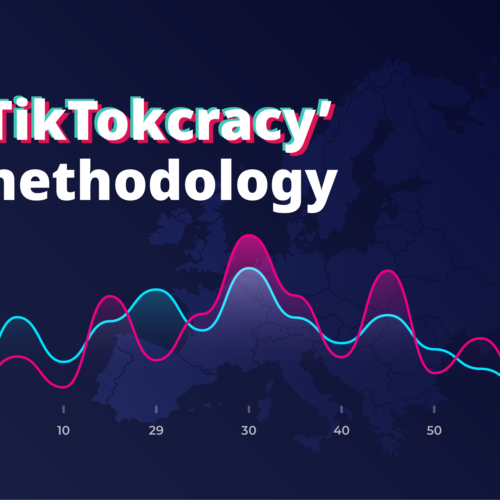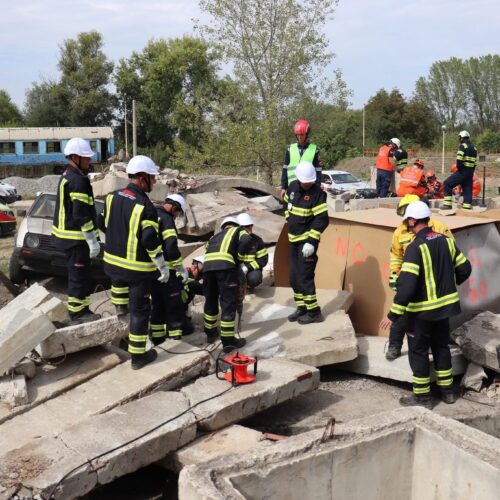Bulgaria’s Public Tension Index, developed by the Center for Analyses and Crisis Communications (ЦАКК) and the sociological agency Myara, has published its first official results. The score for Q3 2025 stands at 6.09, placing the country in the “high tension – risks difficult to control” range.
This outcome suggests that social stress in Bulgaria remains elevated, driven by a combination of social, environmental, and economic factors. The Index offers a structured way to monitor how public sentiment shifts over time and where the pressure points in society emerge.
The Index was first introduced earlier this year to provide regular, data-driven insights into Bulgaria’s collective mood. Our previous article explained how the Index was created and what it measures.
A snapshot of the third quarter
The first reporting period, from 1 July to 30 September 2025, indicates that public tension rose mainly due to social and everyday-life events rather than direct political or economic crises.
Three main factors shaped the high score:
- Frequent accidents and natural disasters, which dominated media coverage and amplified a sense of instability.
- Persistent economic pressure, particularly growing concern about prices and household budgets.
- Ongoing institutional distrust, as citizens remain sceptical about the ability of authorities to manage crises effectively.
These patterns suggest that the third quarter was characterised less by political confrontation and more by cumulative social fatigue and uncertainty.
Media and social sentiment
The media landscape mirrored these pressures. Analysts observed a prevalence of negative narratives across news outlets and an even stronger dominance of negative sentiment on social platforms.
The most discussed topics included:
- Fires and droughts leading to local water shortages
- Political disputes and debates around the introduction of the euro
- Minimum wage changes and cost-of-living concerns
Together, these themes reinforced a mood of dissatisfaction and caution among the public, contributing to the overall Index score.
What the 6.09 score means
A score above six on the Index marks a period of high public tension in which risks become harder to manage and small triggers can escalate rapidly into broader public reactions.
For decision-makers across institutions, business, and civil society, such readings are early signals. Tracking how sentiment develops over time can help anticipate public responses, prepare communication strategies, and reduce the risk of crises spreading unchecked.
Outlook for Q4 2025
Researchers expect that tension could rise further in the final quarter of the year, especially around political developments and the ongoing discussion about Bulgaria’s euro adoption.
Monitoring early indicators across both traditional and social media will be essential for understanding whether public anxiety continues to climb or begins to stabilise.
Key takeaways
- Bulgaria’s Public Tension Index scored 6.09 for Q3 2025, indicating high public tension.
- The main drivers were accidents, natural disasters, and economic pressure.
- Negative narratives dominated both media coverage and social media discussions.
- Institutional trust remains low, contributing to a general sense of unease.
The first results confirm that Bulgaria’s Public Tension Index offers a valuable new lens for understanding how national sentiment evolves. The 6.09 score highlights a society under sustained strain but also demonstrates the potential of data-driven monitoring to reveal early signs of change.
Tools like Sensika’s media intelligence platform enable organisations to interpret similar signals within their own context, helping them anticipate risks and act before issues escalate.

Turn media signals into foresight
Discover how Sensika helps organizations anticipate social shifts, prevent crises, and make faster, informed decisions.
Book your demo



